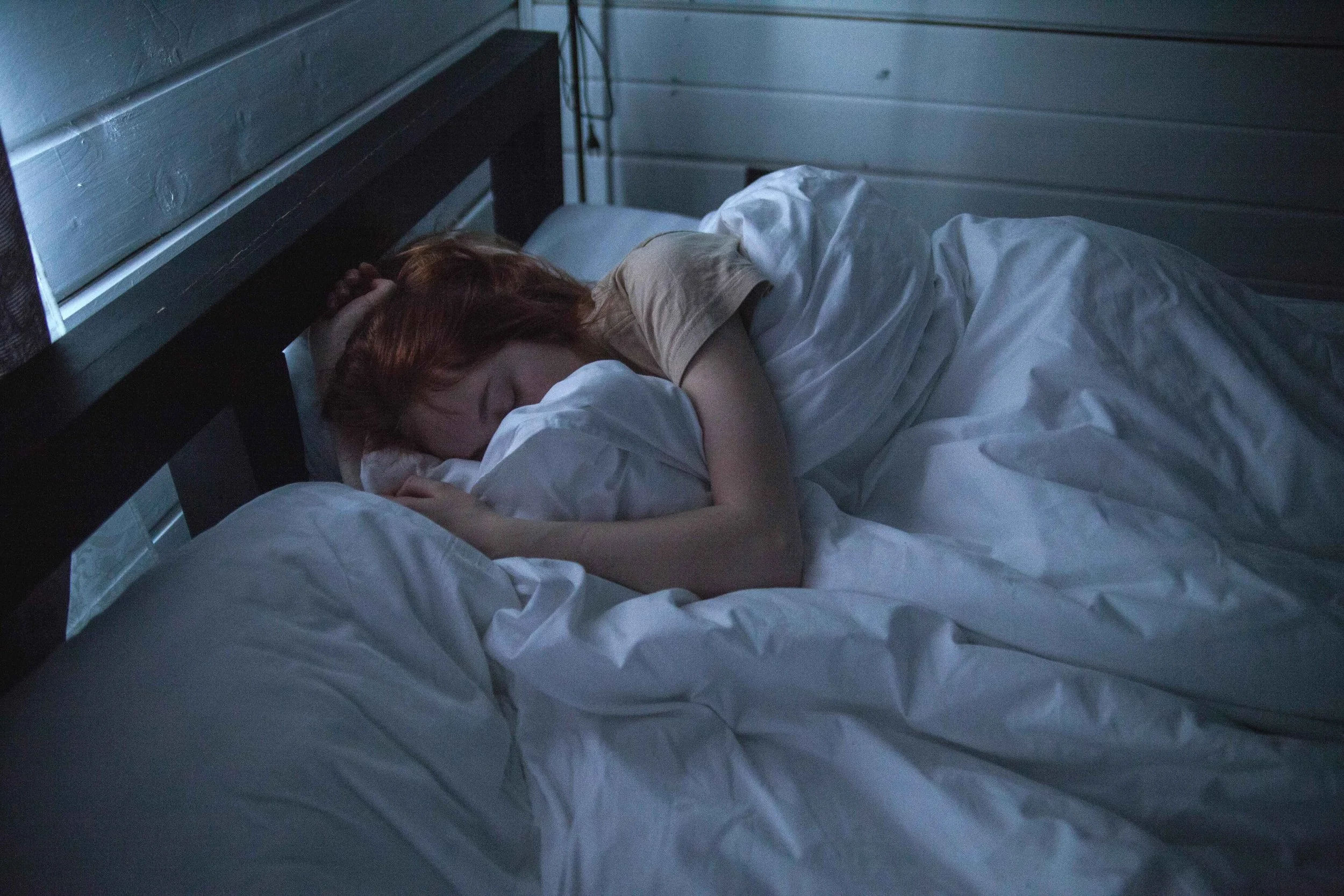Struggling to fall asleep or stay asleep can be frustrating, especially when tossing and turning night after night starts to affect your mood, focus, and overall health. For many, traditional advice like “just relax” or “avoid screens before bed” is not enough. That is where sleep restriction therapy comes in- a targeted behavioral approach designed to help people retrain their sleep patterns and improve sleep efficiency. Unlike methods that encourage more time in bed, sleep restriction therapy intentionally limits the time you spend in bed to consolidate sleep and strengthen your body’s natural sleep drive.
But does it really work? Research suggests that sleep restriction therapy can be remarkably effective, particularly for people with insomnia. By gradually adjusting your bedtime and wake time, this therapy helps reset your internal clock, reduce nighttime awakenings, and make falling asleep easier. While it can feel challenging at first, because you might be spending less time in bed than you want, the payoff often comes in the form of deeper, more restorative sleep. In this blog, we will explore how sleep restriction therapy works, why it is effective, and what you should know before trying it.






























